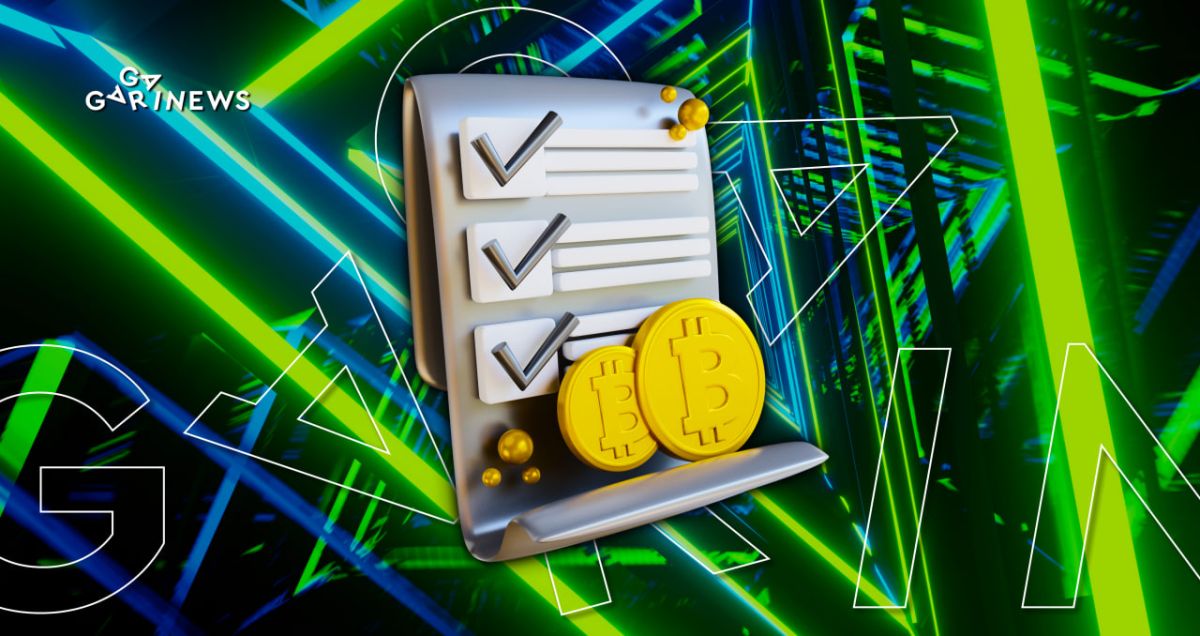IMF and G20 to introduce global crypto regulation

At the end of February, the International Monetary Fund and G20 member countries made strong statements about the future of the cryptocurrency market. While claiming to expand the dialogue, these international institutions essentially declared war on the crypto industry and immediately began discussing terms of surrender.
The regulatory aspect of the cryptocurrency industry is being significantly strengthened, as the International Monetary Fund (IMF), Financial Stability Board (FSB), and Bank for International Settlements (BIS) are working on developing a global legal framework. According to Agustin Carstens, the head of BIS, the clash between fiat currency and crypto is already in vain.
Technology doesn't make for trustworthy money
he says.
IMF's demands for cryptocurrencies
World leaders put an end to years of debate regarding the role of cryptocurrencies in the global financial system. On 23 February 2023, the IMF released Policy Paper No. 2023/004, titled “Elements for an Effective Crypto-Asset Policy”.
“In particular, it aims to provide guidance to members on issues related to the growth of crypto assets and associated risks,” the IMF declared.
However, if one delves deeper into official statements, it becomes clear that the Fund substantiated its “no” to crypto calculations in the Policy Paper. In addition, the IMF provided nine recommendations that national regulators should rely on when shaping the legal framework.
As part of its recommendations, the IMF urges:
- Do not provide cryptocurrencies with the status of official currency or legal tender
- Apply clear tax rules to cryptocurrencies.
- Develop and implement a system of requirements and supervision over all participants in the crypto market;
- Establish national monitoring systems for the crypto industry;
- Integrate those into international mechanisms to strengthen supervision over crypto assets and compliance with rules (which are still under development), and so on.
The IMF clarified that they did not remove a complete ban on crypto from their agenda. They are ready to apply it if the implementation of the regulation is too slow or if its mechanisms do not work. The reason lies in the risks that crypto assets pose to international financial stability.
IMF and G20 respond to new cryptocurrency policy
IMF Managing Director Kristalina Georgieva brought clarity to the somewhat vague language of the policy paper.
Crypto assets aren't worth anything, they can't be accepted as legal tender
she said.
Let's clarify that the policy paper is not a legislative act. Of course, each member country of the IMF is obliged to heed the Fund's recommendations. However, a certain degree of maneuvering is still allowed.
«We haven’t suggested the outright banning of crypto activities, but it is critical to put in place a strong regulatory framework. We’re working with other governments», – U.S. Treasury Secretary Janet Yellen reassured.
Meanwhile, India, notorious for its 30% tax on cryptocurrencies, is more downbeat. “There is an existential question as to whether cryptocurrencies are really the optimal solution to existing problems in global financial systems,” said the country's finance minister, Nirmala Sitharaman. It is worth noting that India currently chairs the G20.
A document summarizing the future of cryptocurrencies will be adopted at the G20 summit in New Delhi in September. It is already clear that global players want maximum centralization and control over the crypto industry. In their view, strengthening the regulator's role will eliminate legal risks and gaps in taxation, as well as provide proper protection for investors from crypto scams. However, this approach completely contradicts the concepts of financial independence and decentralization, which are fundamental to the cryptocurrency industry.
The content on The Coinomist is for informational purposes only and should not be interpreted as financial advice. While we strive to provide accurate and up-to-date information, we do not guarantee the accuracy, completeness, or reliability of any content. Neither we accept liability for any errors or omissions in the information provided or for any financial losses incurred as a result of relying on this information. Actions based on this content are at your own risk. Always do your own research and consult a professional. See our Terms, Privacy Policy, and Disclaimers for more details.


























